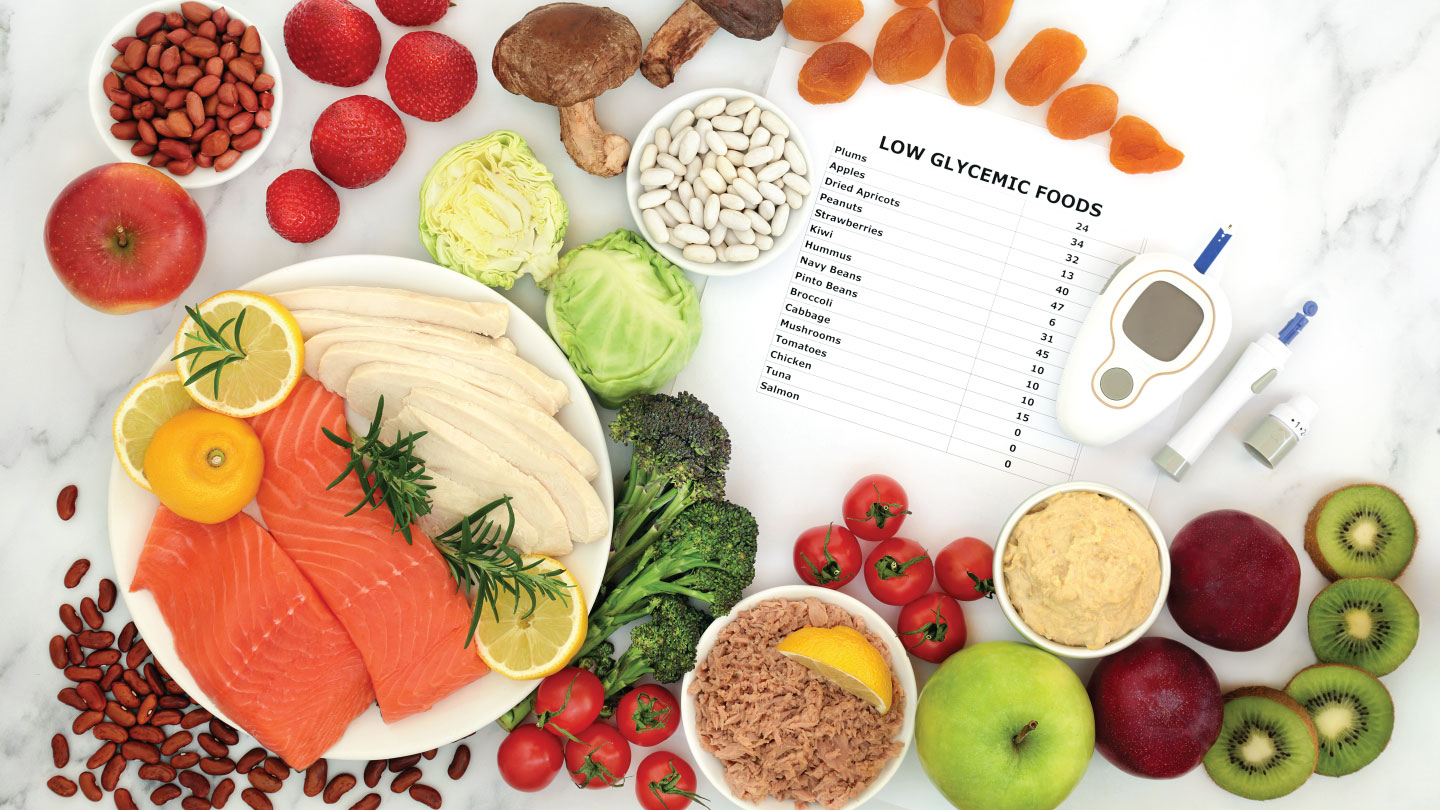Nutrition
5 Post-Workout Diet Blunders
Recovery starts in the kitchen. Skip these post-exercise pitfalls if you want stronger muscles, more energy and faster progress.

You finish your workout. Maybe today you pushed through a tough spin class or lifted heavier than last week. Muscles are tired. Your Heart is racing.] Now it’s time to treat your senses to something truly fulfilling. It’s tempting to reach for whatever’s easiest, tastiest, most indulgent. But what you eat in the minutes after exercising can help with recovery or slow it down. Let’s talk about what to avoid just after a workout, and why skipping certain foods will do you more good than harm.
Related story: Recovery 101: What To Do Post-Workout
Post-Workout Meal Matters
After exercise, your body is in the perfect state to refuel and refresh. Glycogen (energy stored in muscles) is depleted; your muscles have micro-tears that need repairing; your hormones are in motion; your digestive system may be more sensitive. A study by Nutrients, 2018, shows that combining protein and carbohydrates within about an hour of finishing a moderate or intense workout accelerates recovery, helps refill glycogen, and reduces muscle damage.
Related story: Post-Workout Snack: What To Eat After A Workout, A Sports Nutritionist Explains
If you sabotage that window with poor food choices, you might slow down healing, prolong soreness, or even trigger inflammation. And that’s what most people don’t realise: eating wrong after training can undo some of the gains.
Related story: What Should Your Post-Workout Routine Look Like?
Foods to Avoid After Working Out
Here are post-workout foods that seem healthy but can actually hinder recovery.
|
|
|
|
|
|
|
|
|
|
|
|
|
|
|
|
|
|
What the Research Reveals
- Sugar and Inflammation: The 2025 study in Food & Nutrition Research showed that people who consumed more simple dietary sugars had measurable increases in biomarkers like hs-CRP (high-sensitivity C-reactive protein), a marker of systemic inflammation.
- Mixed results on post-exercise carbohydrates: A study in Antioxidants, 2018, indicates that ingesting carbohydrates after eccentric exercise (where muscles lengthen under load) can sometimes increase expression of inflammatory cytokines like IL-6, IL-8, and MCP-1 in muscle tissue. That doesn’t mean avoid carbs entirely, but type, timing, and amount matter.
- The American Heart Association advises avoiding foods high in saturated fats and recommends easy-to-digest carbohydrates after workouts. Mayo Clinic also suggests the first 2 hours post-workout are key for combining protein with carbohydrates to refill energy and support repair.
Related story: Pre-Workout and Post-Workout Sun Protection Tips
What Can You Eat Instead
Avoiding bad stuff is only half the story. You want options that help recovery without sacrificing enjoyment.
- Whole-grains plus lean protein: chicken breast, fish, legumes with brown rice or quinoa
- Smoothies: low-fat yoghurt or plant-based protein plus fruits plus some grapes
- Light snacks: cottage cheese plus fruit; banana plus nut butter; lean turkey wrap
- Hydration plus electrolytes: water first, maybe coconut water or a low-sugar electrolyte drink if you sweat heavily
Related story: Guide To The Best Pre And Post Workout Meals
After you finish working out, treat your body like the high-performance machine it is. Don’t throw in the fuel that clogs the engine. Avoiding sugary overloads, greasy heavies, and alcohol lets your muscles rebuild faster, your energy bounce back, and your next workout feel strong.
So next time, ask yourself: Will this help my recovery? Or slow it down? Choose something that’s kind to your gut, helpful to your muscles, and honours the effort you just made. Because every rep, every mile, deserves that respect.
Get instant access to personalised nutrition advice just for you. Sign up here.
EXPLORE MORE
A practical look at what to eat before and after exercise when insulin is part of your daily routine.
Bright, earthy, and naturally prebiotic-rich, this beetroot salad is a refreshing gut-friendly bowl that supports digestion, boosts good bacteria, and adds colour to your everyday meals.
Struggling with sluggish digestion? Here are natural, everyday foods that help get your bowel movements back on track.
From portion control to low-GI swaps, here are seven powerful eating habits that protect you from progressing to type 2 diabetes.








.jpg)
.jpg)


